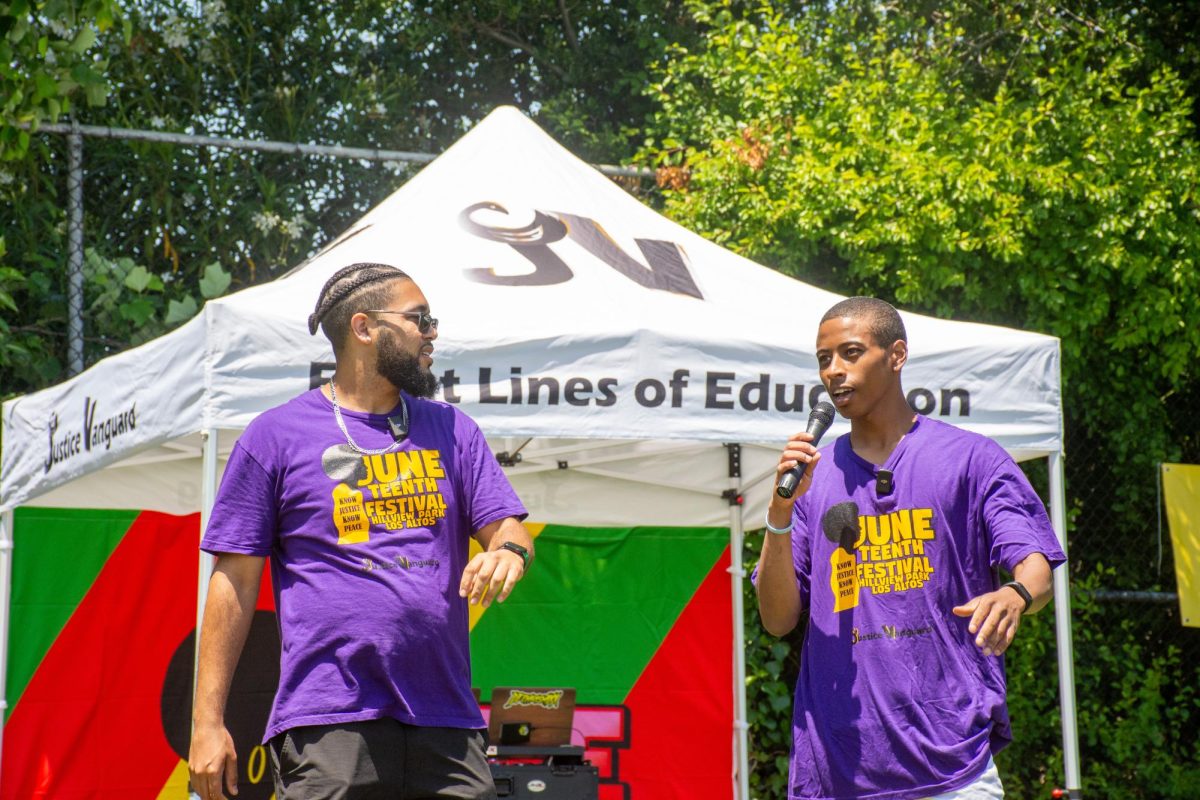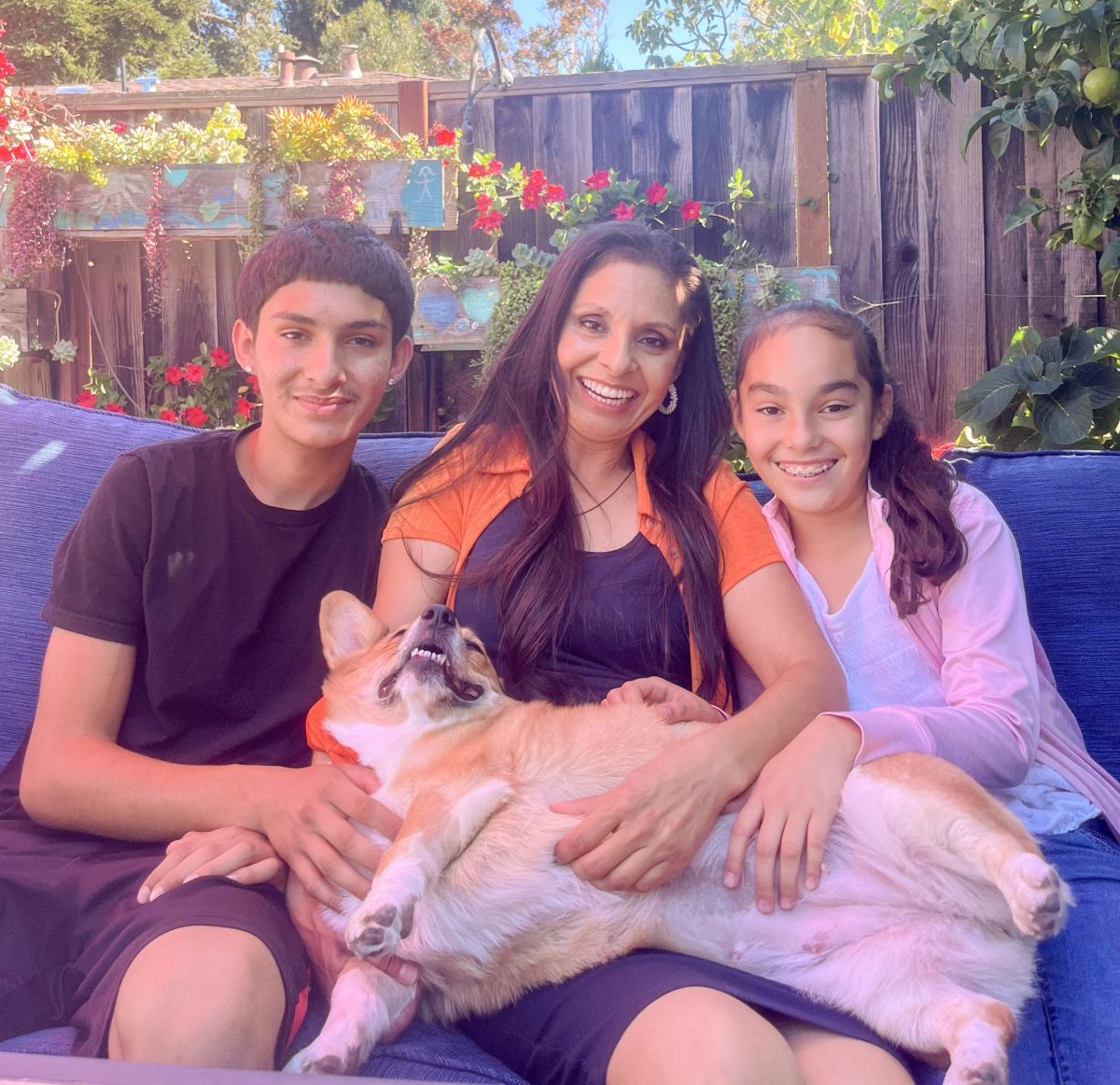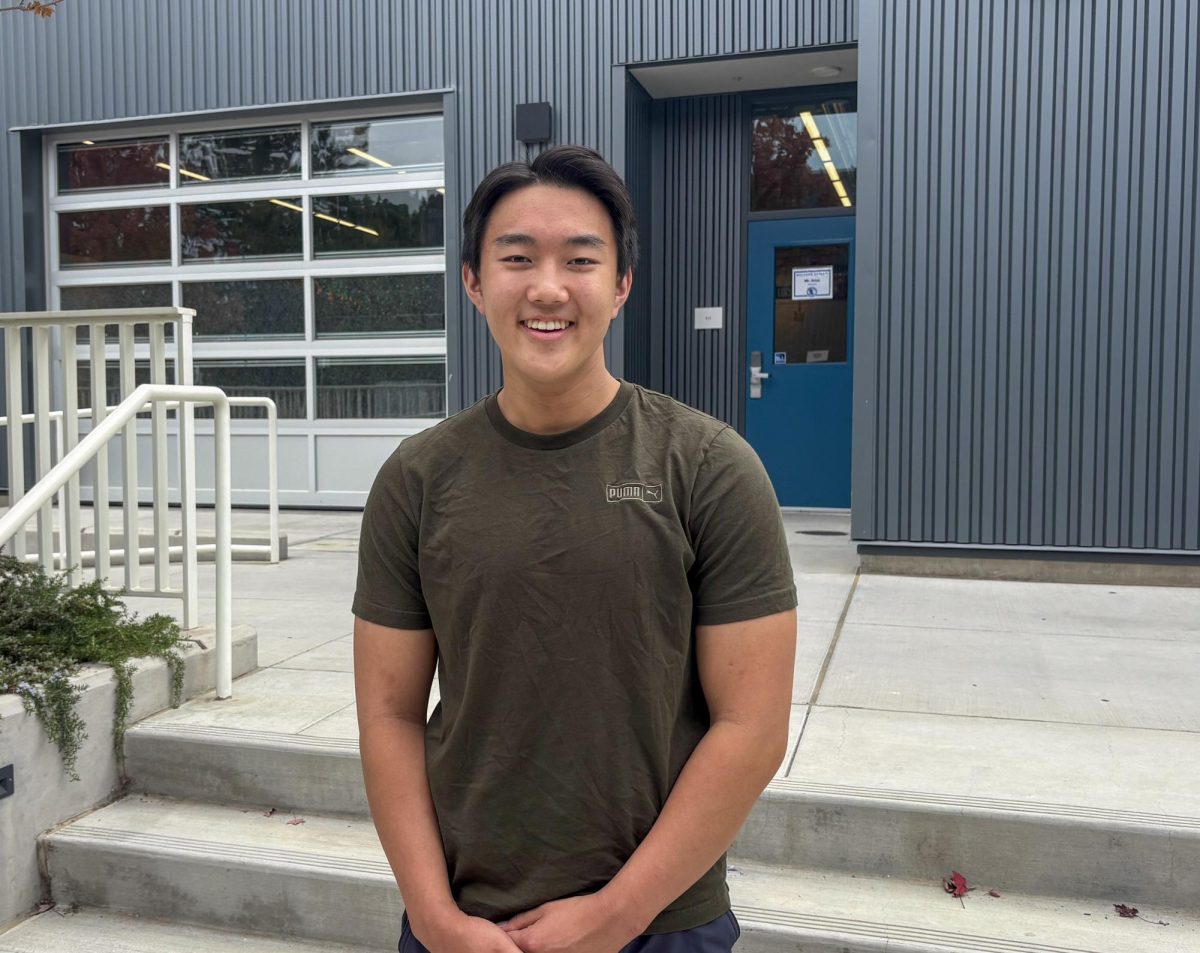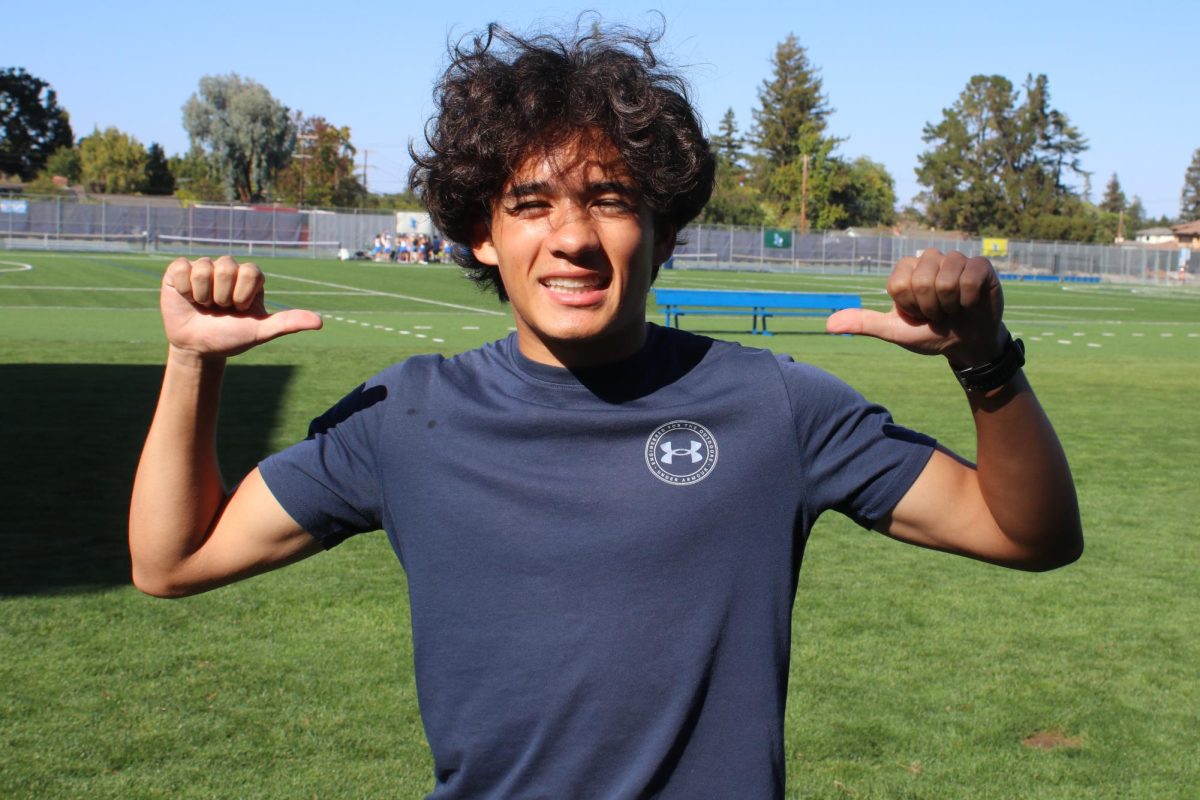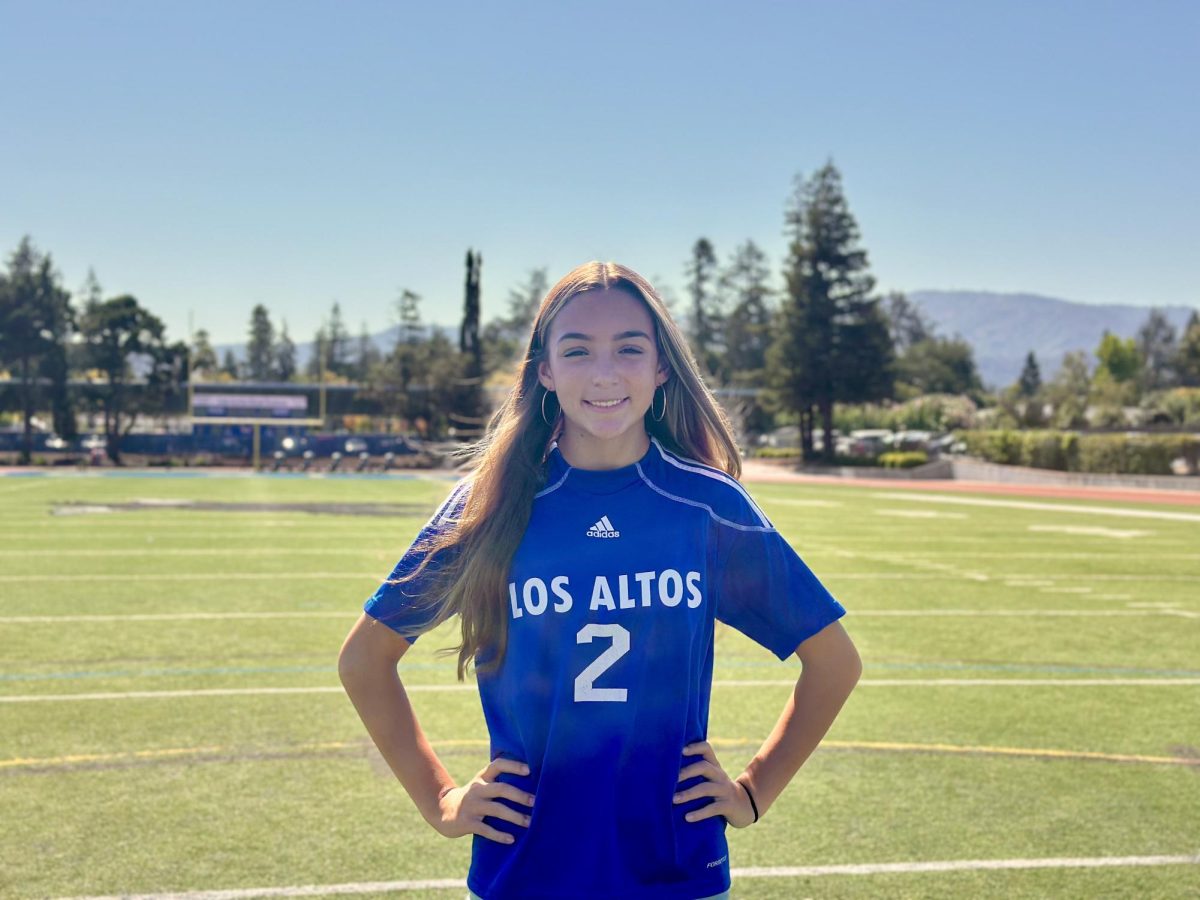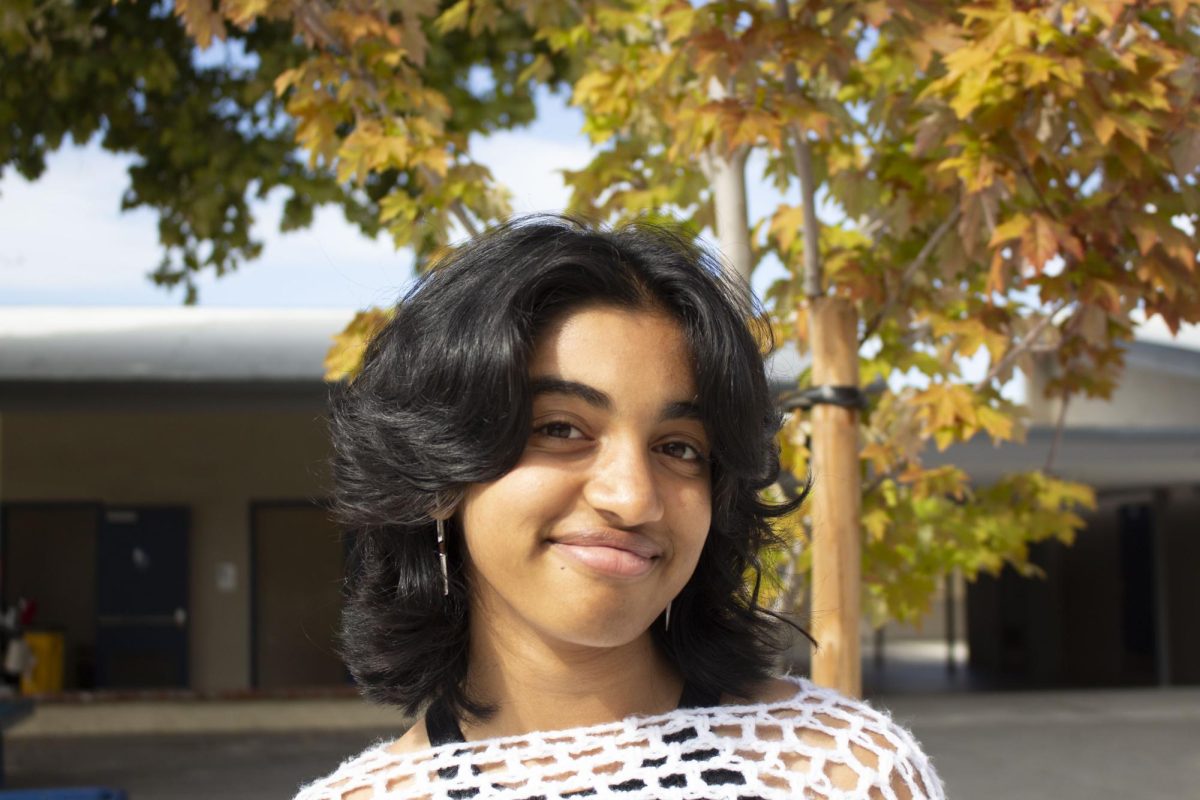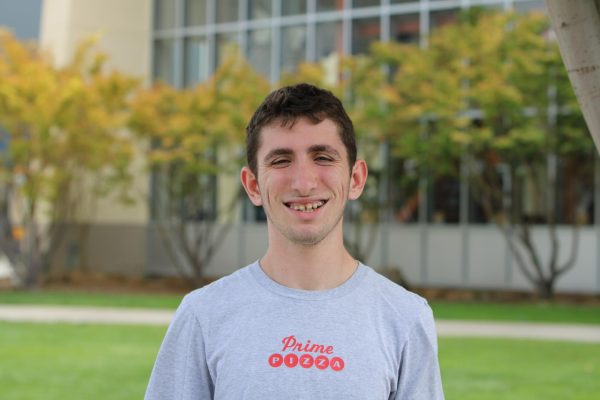History isn’t just something to learn — it’s something to challenge. Here in Los Altos, Justice Vanguard is doing just that. A Black-led nonprofit that partners with Bay Area schools and organizations, it combines storytelling with education to help tackle systemic racism. Between its Juneteenth celebrations and podcast humorously titled “Conversations with Your Friendly Neighborhood Black Guys,” Justice Vanguard shows that confronting prejudice doesn’t have to be entirely serious — it can be thoughtful, engaging, and even enlivening.
Though elements of Justice Vanguard’s work may be lighthearted, its founding was shaped by the harsh realities of racial discrimination. As active participants of the first wave of Black Lives Matter (BLM) protests in 2014, LAHS alumni Kenan Moos ‘16 and Kiyoshi Taylor ‘15 endured hostility. Two of the less than one percent of Black students on campus, they received overt and subtle targeting.
“We dealt with a lot of racism and bigotry, even harassment by fellow students and administration police,” Taylor said. “We were able to identify where a lot of that ignorance came from, and instead of getting mad at it, we wanted to create a solution.”
Moos and Taylor also helped organize local BLM protests in 2020, kickstarting the first chapter of Justice Vanguard.
“At over 8,000 people, we had the largest protest in Los Altos history,” Moos said. “We knew that the protest was a way to get awareness. It’s not the way that you create change, which comes down to education and community building.”
“I was one of the speakers at the first BLM protests in 2014,” Taylor said. “From that point on, I knew I had to continue the work.”
Taylor connected those experiences to the country’s historical systemic racism, realizing that they weren’t isolated incidents but part of a larger pattern of inequality — one that had to be tackled head-on.
“In quarantine, the inability to escape those steep thoughts about yourself was hard,” Taylor said. “You had to address it: The things we dealt with in 2014 or 2020 were the same things dealt with in the 60’s.”
After emerging as key voices in local protests, Moos and Taylor recruited like-minded individuals to join their mission. From what they had learned as leaders in BLM protests, they began channeling their activism into more structured initiatives. One of their earliest efforts was the “Black is Beautiful” event in 2020: by transforming city streets into a living gallery, the event used art to ignite conversation and announce Justice Vanguard as a movement unafraid to be seen.
“We’re lining Lincoln Park with ‘Black is Beautiful’ artwork and setting up educational booths for the community to ask us questions,” Moos said in an interview with NBC Bay Area. “We’re finally seeing some momentum for real change, and that allows us to bring beautiful artwork along with education.”
Justice Vanguard’s early impact wasn’t limited to visual displays — in addition, they played a major part in local politics. Awarded as the 2020 Los Altans of the Year, they brought critical attention to police reform and the issues surrounding the School Resource Officer (SRO) program at LAHS. Justice Vanguard’s initial community engagement laid the foundation for a vision grounded by three core pillars: education, activism, and media.
Building Educated Leaders
Justice Vanguard instructs different schools, organizations, and universities on how to address complicated social issues. The network runs deep — currently, they work with around 12 schools and 3,000 students. Their clients include Yale University, Stanford University, as well as LAHS and Mountain View High School.
The organization is committed to supporting schools with social justice work. They present key concepts in social justice, encouraging students to recognize and address the inequalities in their communities.
“We have a program called “Building Educated Leaders,” where we help students and staff understand social justice within their communities,” Moos said. “We do anything from staff training, full school presentations, workshops, BSU partnerships, internships, a lot of different things.”
Justice Vanguard ensures that no student experiences the same discrimination Moos and Taylor once faced. The organization hopes to improve the Black Student Unions at LAHS and MVHS respectively, both of which were previously dissolved. Through partnerships with Justice Vanguard’s curriculum, these clubs could improve Black student life on campus.
“We used to have a Baccalaureate where LAHS and MVHS students got awards,” Moos said. “And then they killed that in COVID. We’re working with the BSUs to bring the graduation back and a new scholarship, all of which is up to the students.”
“The strength of our Black Student Union lies in supporting students who feel unheard,” LAHS BSU Advisor Kalinda Price said. “With Justice Vanguard, rooted in their living experiences, they’re able to connect to an audience–-whether black or not—about the realities of being people of color.”
Beyond helping the District’s BSUs, Moos and Taylor were also active participants in Board meetings about Ethnic Studies. Made a requirement last year, they hope the course will provide students with a more inclusive and representative understanding of history.
“There’s always been ignorance and bigotry, some of which we’ve chipped away at by helping make Ethnic Studies a ninth grade requirement,” Taylor said. “When I heard about Black people in history classes, it was slavery and segregation. It wasn’t a very positive image of us.”
Community Impact
A flagship event of Justice Vanguard’s is its Annual Juneteenth Festival. Now onto their sixth year, the event will be at Hillview Park on June 14. The festival will feature all-Black vendors selling food, drinks, and apparel, as well as live entertainment and an auction for autographed memorabilia from influential Black leaders.
“It’s the Blackest thing in town besides me and my cofounder going shopping,” Taylor said. “It’s a great time. It’s family-friendly. We’ve got amazing musicians, artists, and foot races too. I pulled both my hamstrings in one last year.”
Beyond Juneteenth, the organization regularly hosts events at the Los Altos Community Center, each offering a unique experience related to Black history and culture. On February 22, Justice Vanguard hosted a “Soul Night,” blending art exhibits by Emory Douglas, former Minister of Culture for the Black Panther Party, along with a performance by activist and musician Eric Dozier. On Friday, May 9, they will host the “Heroes and Heritage Community Night & Art Show,” featuring stories and conversations with Douglas.
“He’s the artist behind the revolutionary imagery of the Black Panther Party,” Taylor said. “The community can see and buy his pieces, and he’s also telling stories about his life experiences and the art that came out of it. That history is being erased and forgotten. We have to keep preserving and owning it.”
Justice Vanguard ensures that the atmosphere of its events is welcoming and family-friendly. The organization partners with Social Elegance, a Black-owned food catering service that provides dinner for each event. The goal isn’t to marginalize anybody; rather, it’s to further the town’s potential for greater equity and inclusion.
“When we say we’re doing this in Los Altos, we get a lot of looks,” Taylor said. “We grew up here too. It energizes me knowing we have to fight and that there’s people in Los Altos who want to do the same thing.”
“Los Altos was a community where social issues were rarely addressed,” Price said. “And Justice Vanguard changed that. They’ve helped shed light on what it’s like to be a person of color in a community where we make up a small minority.”
Production Studio
Justice Vanguard doesn’t just talk about justice — it films it, too. Its production studio, built with the help of its founders and interns, is where stories of resilience and empowerment are brought to life. With degrees in Journalism Marketing and Graphic Design respectively, Moos and Taylor are able to fully leverage their talents and expertise. Here, they create YouTube videos and in-depth documentaries, broadcasting the real-world stories that have shaped history.
The “MY Story” documentaries are key components of the production studio. They’ve created several films, and recently, they released and screened “Disrupting Dayton,” a historical documentary that details the forgotten legacy of the 1966 Dayton Uprising. For production, Moos and Taylor embarked on a three-state journey, interviewing several of those impacted.
“It’s an ignored part of history,” Moos said. “No one’s come to these people and asked them for their story. We’ve got to document forgotten history like the Dayton Uprising and make it accessible to the community.”
The production studio isn’t just about documentaries; it also creates engaging snippets to spark conversations. Their “Conversations with Your Friendly Neighborhood Black Guys” podcast features prominent activists within the community, such as youth organizer Sam Bass and teacher Tomora Hall. They also create informative short-form videos on YouTube and Instagram, recounting important times and events throughout history.
Goal and Legacy
As one of the few Black-led organizations in a community with scarce Black representation, Justice Vanguard has encountered its share of resistance. But to them, it’s not a setback; it’s proof they’re shifting the status quo.
“It’s not a popular thing we’re doing,” Taylor said. “If you look in the pictures, you’ll see some people in the community throwing stones at us. When you look at all justice movements throughout history, nobody just did it alone. From recent political protests to even the Stonewall Riots, there’s so many things that wouldn’t have happened without oppression.”
Moos and Taylor encourage others to carry forward a legacy of dialogue over division, reminding them that it is through honest conversations that we lay the foundation for lasting “justice”.
“The legacy is shaped by the people, but inspiring them is how we build a community,” Moos said. “We want to make real changes, but that’s not our choice. It’s the students’ choice. We’re only here to support them.”
“When we started it, there was a lot of social unrest going on,” Taylor said. “I felt like we had to jump in just because so many people were yelling and thought that no one was listening. We want to provide a space in our area where we can have constructive and healthy conversations about heavy topics, and learn and grow from them.”
To learn more about Justice Vanguard, visit justicevanguard.org.



